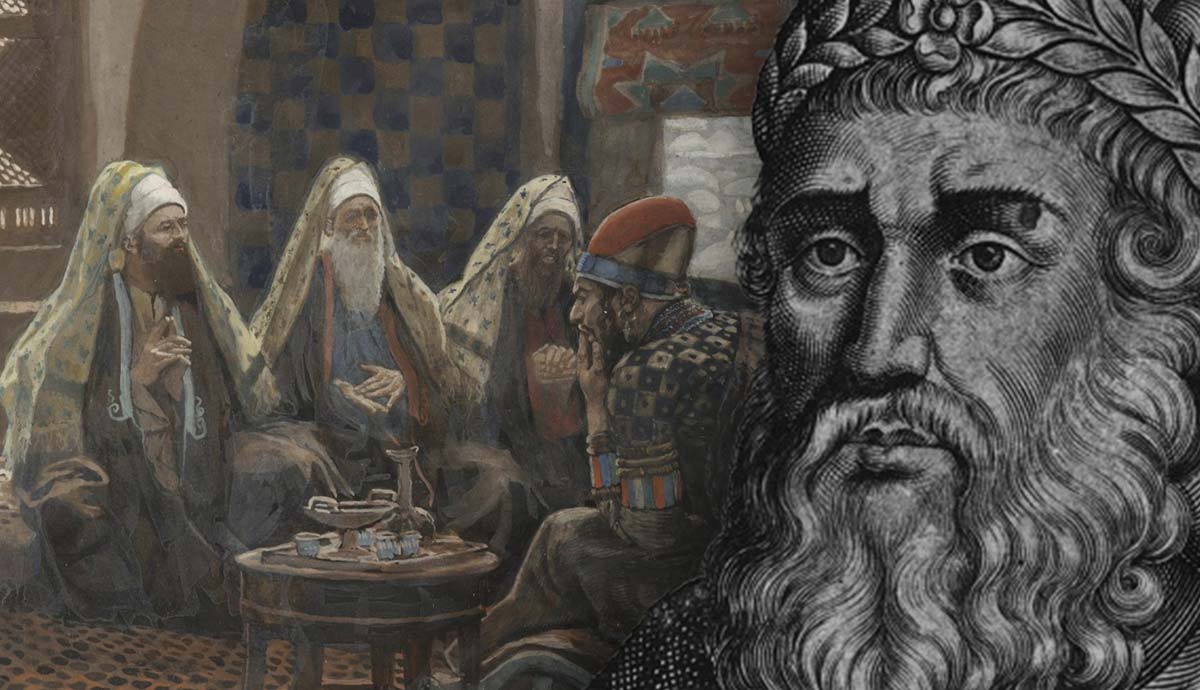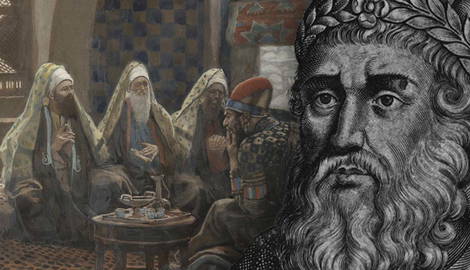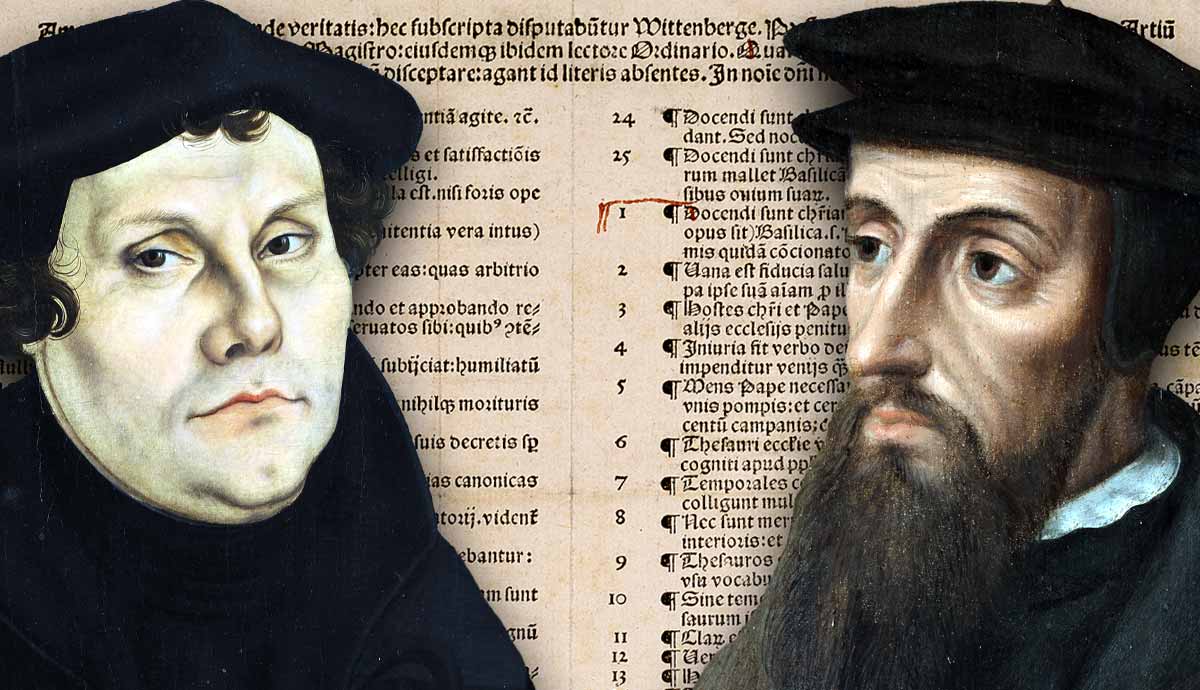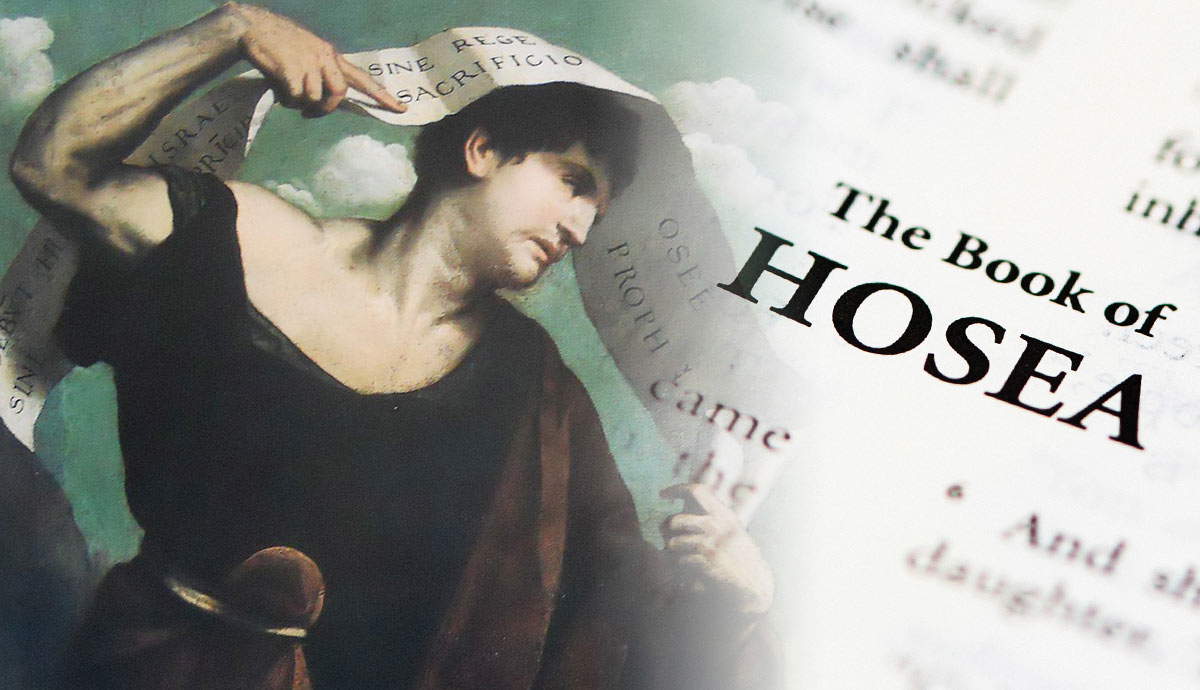
Most Christians know of King Herod only because of Matthew 2 and its account of the slaughter of the innocents in Bethlehem, all male children two years and under. Yet, there was much more to Herod the Great than just that single event. His back story includes famous names like Pompey, Julius Caesar, Mark Antony, and Emperor Augustus. He had a continuous challenge for acceptance among the Jews, who he claimed to be part of. His legacy, however, shows that he acted in self-interest, rather than promoting that of the Jewish people.
King Herod’s Rise to Power

Herod was born in 73 BCE to Antipater and was of Edomite and Arab descent. On his father’s side, his family has been practicing the Jewish faith for a century, but due to the importance of lineage in Judaism, Jews regarded the family as outsiders. Though the family was wealthy, they could never rise to prominence or power in traditional Jewish society. However, that did not stifle Antipater’s ambition for himself and his family.
Antipater, through wily politics and taking every opportunity that presented itself, became the procurator of Judea in 47 BCE by order of Julius Caesar. Antipater supported Caesar rather than Pompey despite their former alignment. Caesar rewarded him with Roman citizenship which he passed on to his sons, including Herod. Antipater had Herod installed as governor of Galilee and he soon showed what kind of a ruler he would be.
Herod’s first order of business was to deal with some dissidents who opposed the Roman-backed rulers in Jerusalem. They called themselves the “New Maccabees” in remembrance of the previous rebel group who successfully shook off the rule of the Seleucid Empire in Judea. They were hiding away in caves and instead of waging conventional war with them, Herod instructed his soldiers to enter the caves and massacre everyone. The slaughter resulted in riots in Jerusalem, but Herod successfully defended his right to act as he did before the highest priests in Judaism. He got off scot-free from his brutal slaying of many souls.

One of his tax collectors assassinated Herod’s father in 43 BCE and Herod had the man killed for his treasonous act. Shortly after, Mark Antony defeated the armies of Cassius, who had betrayed and killed Julius Caesar in 44 BCE and held sway in Judea. Antony, who met and became close friends with a 16-year-old Herod many years earlier when suppressing an uprising in Jerusalem, installed Herod as Tetrarch of Judea.
The Jews were not comfortable with the rule of someone they considered not an authentic Jew, and who aligned himself with the Romans whom the Jews despised. Soon the Parthians rose to topple the government in Jerusalem, and most of the Jews supported their cause. Herod’s brother committed suicide but Herod escaped by fleeing to Rome. There he asked for the support of Antony and Octavian to retake Judea. They agreed to assist but Herod had to lead the effort.
It took Herod three years to expel the Parthians from Judea with the help of the Roman army, an act that made him even less popular with the Jews. This conquest saw Herod take the position of King of Judea after retaking it in 37 BCE.
Herod’s Rule

Herod did his utmost to gain the favor of the Jews. He had the defeated Parthians return Hyrcanus II, a co-ruler of Judea and high priest. The Parthians mutilated and exiled Hyrcanus to Babylon after they took Jerusalem. Hyrcanus was still popular among the Jews but did not challenge Herod’s rule.
Herod further engaged in construction work to strengthen the walls of Jerusalem and to wall the Temple. He called the latter the construction Antonia, in honor of Mark Antony. He also minted coins with his likeness along with some significant Jewish objects to gain favor with his Jewish populace.
Yet another civil war in Rome saw Mark Antony and Octavian taking each other on to be the sole ruler of the empire. Herod supported his old friend Antony, and Octavian called him to appear before him after he had defeated Antony. Before Herod departed, he had Hyrcanus II executed to ensure the rulership of Judea did not fall on the Jewish priest, should Herod not return from his trip.
Herod explained his alignment with Antony as evidence of loyalty and assured Octavian that he would be as loyal to him as he was to his late friend. Surprisingly, his bold honesty about why he chose sides against Octavian seems to have paid off, for Octavian confirmed Herod’s rule in Judea. Octavian later took the name he is best known by: Augustus.

Back in Judea, Herod focused on gaining favor with the Jewish population while remaining in the good graces of Rome. Herod embarked on a construction spree for several years, rebuilding structures destroyed by natural disasters, building new infrastructure, and expanding existing ones. He also fortified the kingdom by constructing forts which included the famous Masada near the Dead Sea.
Herod even attempted to raise the profile and image of Judea abroad, sponsoring construction in foreign cities such as Damascus and Beirut. The power and influence of Judea grew and the powers in Rome increased the area of Herod’s rule. The profile of Judea rose, and Jerusalem became a mecca of art and culture in that part of the world, attracting many travelers from far away.
During a famine that lasted from 25 to 24 BCE, Herod’s influence and connections in other parts of the world allowed his people to suffer much less than they otherwise would have. Shipments of grain and supplies prevented large-scale starvation among Judeans as foreign surpluses covered local shortages.
Struggles and Fall of Herod

The rise of Jerusalem and Judea on the world stage came at a cost, literally and figuratively. Herod extracted heavy taxes from the citizenry to pay for all the construction and expansion while Jews were never convinced of Herod’s claim of authentic Jewishness.
To endear himself with the Jewish citizenry, Herod engaged in a construction project that would see the Temple in Jerusalem upgraded and improved. Unfortunately, his obsession with appeasing Rome resulted in the inclusion of too many offensive Roman icons and figures in the structures he built.
One emblem of Rome which represented its military power and authority was the eagle. One such eagle was featured above one of the gates leading to the Temple. To the Jewish mind, this constituted idolatry. A group of devout Jews tore down the statue, which drew the ire of Herod. He was terribly ill when the incident occurred but when Herod recovered, he had the offenders arrested and brought before him for interrogation.
Their defense was that the eagle was offensive to their religion and a symbol of paganism. Likely seeking the favor of his Roman overlords, he had the men executed for their destructive behavior. Not surprisingly, Herod’s actions offended the Jewish population, and he would never recover from the unpopular view they had of him.
In the last years of his reign, he had many people tortured and executed. He even had his wife, sons, mother, grandfather, and other members of his family killed to prevent any usurpation.
Claims that Herod even desecrated the tombs of David and Solomon also circulated. Whether the claims were true or not, Herod did become the textbook definition of a tyrant by the end of his rule.
Massacre of the Innocents

Undoubtedly, the massacre of the innocents was Herod’s most infamous act. Matthew 2 details Herod’s instructions to locate the expected new king of the Jews. When this failed, Herod had all the male children in Bethlehem of two years and under, slaughtered. Only one of the four gospels records this vile act.
Neither Josephus nor other historians of that period refer to the event. Some scholars argue that the absence of corroborating evidence shows that the record is ahistorical, though others argue that historians omitted the event because it had a localized impact and was not significant enough to record.
We should, however, note that such an act is consistent with Herod’s paranoia about challenges to his kingship. The idea of a new king being born to reign among the Jewish people would undoubtedly have sparked a strong reaction in Herod.
Possibly sparked by a flesh-eating illness that he contracted, Herod’s actions became increasingly erratic in his final days. He allegedly attempted suicide not long before he eventually passed away in the first part of 4 BCE.
Though called Herod the Great, his Jewish citizens never considered him a great leader. His legacy, despite some of the things he did to elevate the stature of Judea in the ancient world, is one of murdered innocents, whether they be Jewish babies, his own family, or others that he considered a threat to his ambitions.










